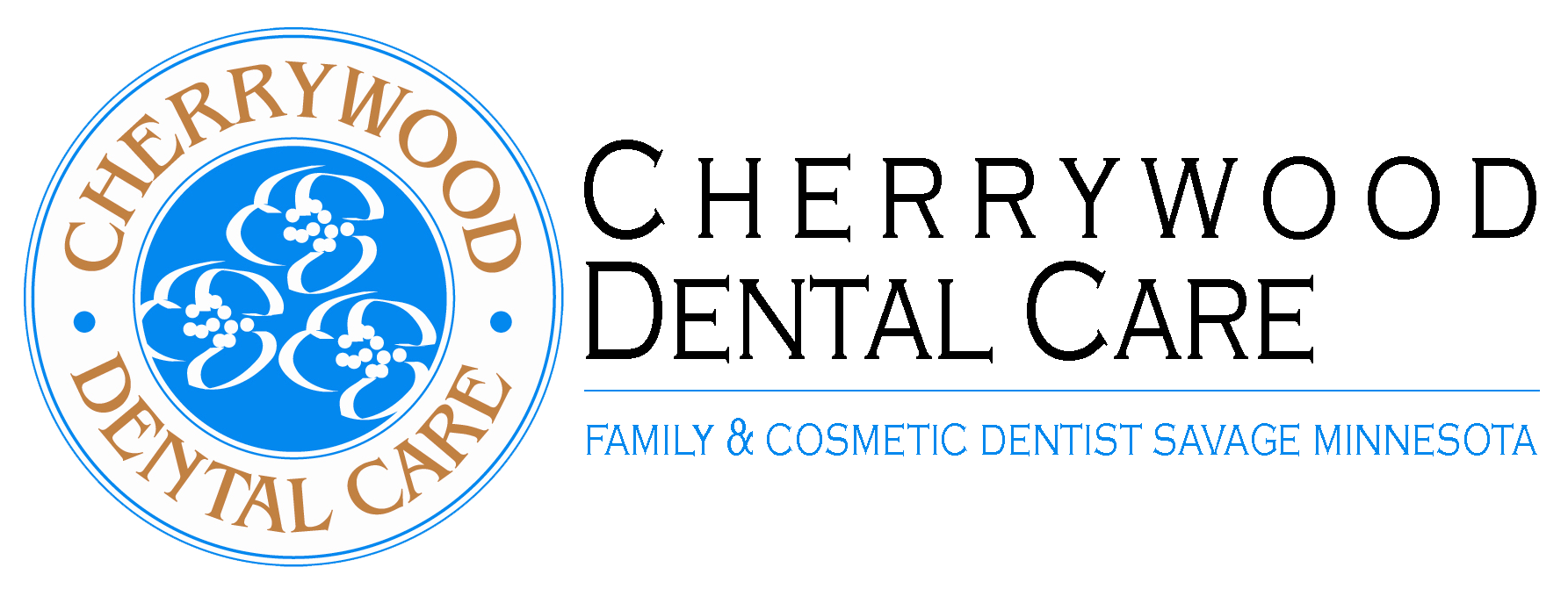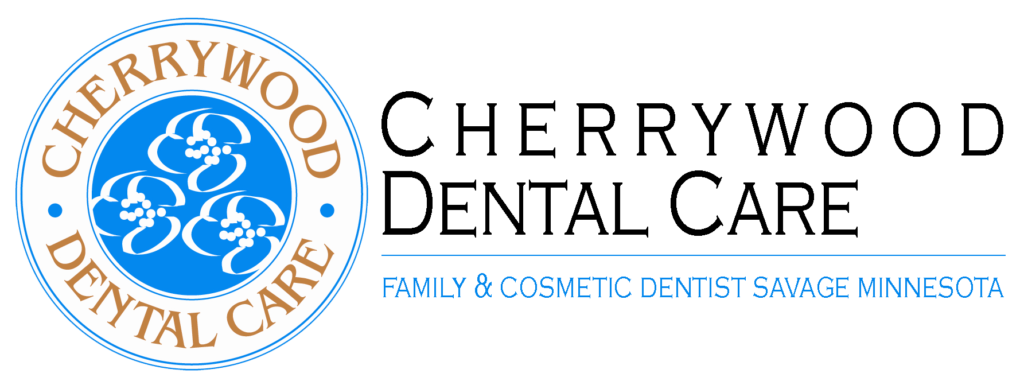Trouble Eating/Difficulty Chewing
Difficulty chewing or eating can be attributed to several factors, but can usually be traced to a change in the jaw or face. When this develops, there are typically other symptoms that occur as well, which can help determine the underlying cause. Common possible causes of pain while chewing include:
- Physical trauma to the jaw or face
- Rheumatoid or osteoarthritis
- Unconscious clenching or tooth grinding
- TMJ/TMD
- Gum disease
- Dry mouth
- Tooth decay
- Infection
- Oral cancer
If you have suddenly experienced a change in your ability to eat or chew, schedule an appointment with your dentist or periodontist as soon as possible to determine the underlying cause and develop a suitable treatment plan.
Related Symptoms Can Help Identify the Problem
If you develop other symptoms along with difficulty chewing or eating, these symptoms may help identify what the underlying cause is. For example, if in addition to it being difficult to chew or eat you also have an unpleasant or strange taste in your mouth, this is likely an indication that you have developed a dental condition, such as periodontal disease, or that you require a procedure like a root canal. If you are experiencing issues such as headaches, tinnitus, tenderness in the face or jaw, earaches, or have been told that you snore loudly while you are sleeping, this may indicate that you have TMJ disorder and/or bruxism. If this is the underlying issue, you may be able to correct it by wearing a mouthguard or nightguard while you sleep.
If you have suddenly experienced unexpected or rapid weight loss, this may be simply a result of you not receiving enough nutrition because you avoid eating due to discomfort, but it may also indicate a more severe underlying health issue. While it is likely that the underlying issue is nothing severe, it is important that you schedule an appointment to be seen by a medical professional as soon as possible. If there is a more serious underlying condition, the best thing you can do to improve your chances of a positive outcome is to diagnose and treat the issue as quickly as possible.
Oral Examination
Prior to performing an oral examination, your periodontist will review your oral and medical health history and ask you to provide details about your difficulty with eating and/or chewing. Questions they may ask include, “When did you first notice this discomfort? Has it gotten better or worse? When was the last time you had a physical? What level of pain are you currently experiencing?”
Following this, your periodontist will perform a thorough examination of your teeth, gums, lips, cheeks, and tongue, looking for any abnormalities or indications of underlying issues. If an abnormality is identified, a biopsy may be performed to rule out any underlying issues such as oral cancer. Diagnostic tests such as X-rays and CT scans may also be taken to identify any issues that may not be visible to the naked eye. Once the evaluation is complete and a diagnosis is determined, your periodontist will discuss available treatment plans and address any additional questions you may have.

